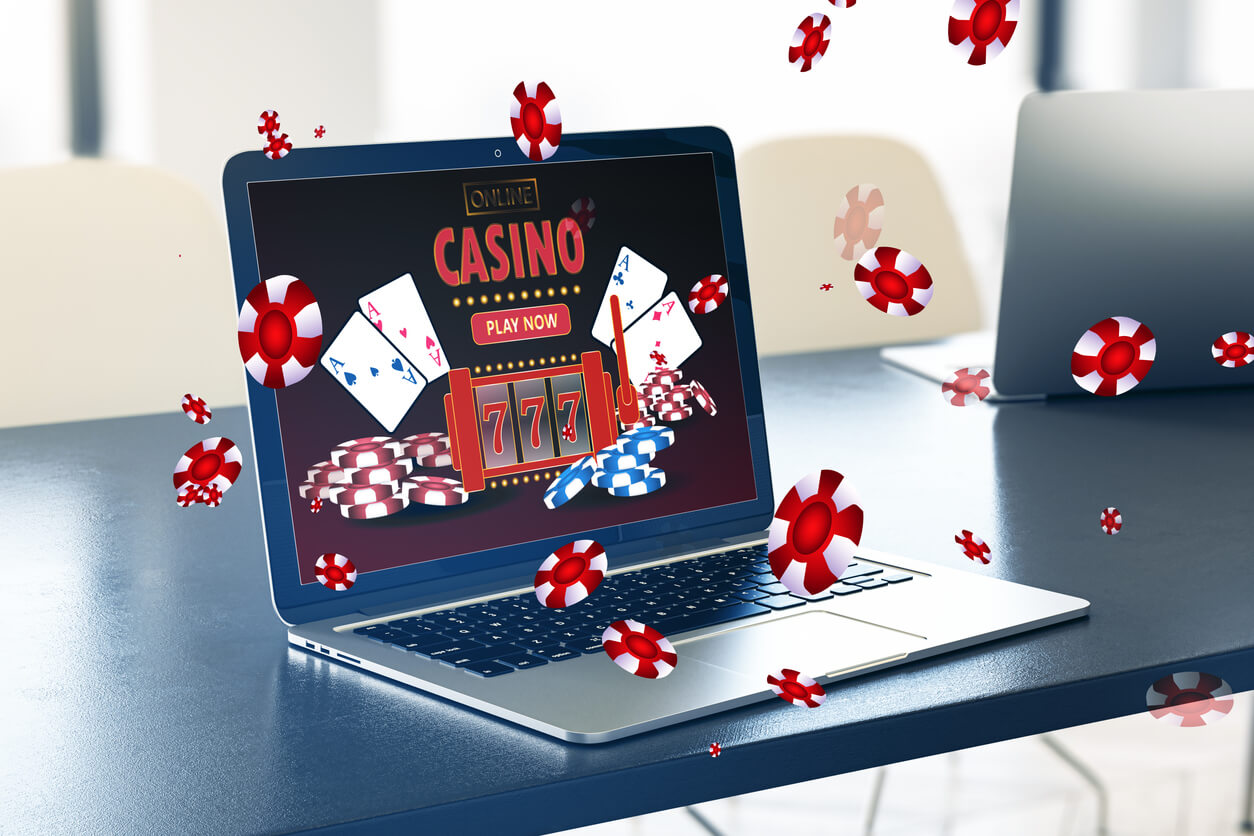
Latest Updates
Featured Posts
Get in Touch
123 Innovation Street
Tech District, CA 94105
[email protected]
+1 (234) 567-890
An Manual to Gambling Play Lingo
As you entering into the the dynamic universe of betting establishments, visitors are often met by a whirlwind of adrenaline and vitality. From the spinning roulette wheel to the shuffling of playing cards in blackjack, the setting is charged. However, for many newcomers, navigating through the various gaming options can be overwhelming. Grasping the particular language used in these games is key for improving your time and making smart decisions at the casino tables.
Casino games come with their own specific set of words that can be both captivating and, at times, confusing. Knowing terms like "wagering amount," "in profit," or "odds" can noticeably improve your performance and allow for a more pleasant experience. This guide aims to explain the lingo of the gaming world, helping both new players and seasoned players become more at home in the thrilling world of gambling. Whether you intend to take a chance at a slot machine or test your skills at a poker table, familiarizing yourself with the terminology will definitely be advantageous.
Frequent Gambling Terminology
When moving through the universe of gambling games, a clear comprehension of the terms can enhance your engagement and boost your skills. One of the commonly used terms is "house edge," which refers to the statistical advantage that a gambling house has over the gamblers. This edge makes sure that, over time, the casino will regularly make a gain from the activities. It differs by game; for instance, slots generally have a greater house edge than activities like 21 or poker, where skill can lower the house's profitability.
Another essential phrase is "betting limit." This refers to the least and highest amounts that participants can stake on a certain activity or table. Betting limits are designed to ensure that gambling stays fun and keeping the budget of all gamblers. Grasping the wagering caps is vital for gamblers to oversee their finances efficiently. Regardless of whether you are a high roller or favor smaller wagers, knowing the limits can impact your approach and overall experience.
Lastly, the term "payout" is key when talking about gambling activities. Payout denotes the sum a gambler can anticipate when successfully betting on a wager, often expressed as a proportion or percentage of the original wager. Distinct activities have diverse payout structures, and discovering how they work can assist gamblers in choosing smartly about where to place their money. It is crucial to seek games with positive payouts to increase chances of winning while relishing the thrill of the gambling environment.
Game-Specific Jargon

Every casino title has a specific collection of language which players employ for share tactics, consequences, and game aspects. As an example, in the game of blackjack, the phrase "bust" indicates a player surpassing a sum of 21, resulting in an automatic failure. Participants frequently utilize phrases like "hit" as they request another card and "stand" as they decide to maintain their present hand. Familiarity with these terms is crucial for beginner participants to navigate the game effectively and interact in conversations with seasoned participants.
Within poker, you will come across terminology which may be fairly specific to the variation being played. Phrases such as "flop," "turn," and "river" refer to the shared cards dealt in the Texas Hold'em variant. A "bluff" refers to deceiving opponents regarding the strength of one's hand, while "all-in" refers to a player wagering their entire stack of tokens. Grasping these terms is key to taking part in the game and provides players an edge when it comes to tactics and betting dynamics.
Slot machines, while simpler than table games, have their jargon as well. Phrases like "payline" and "reels" refer to the fundamental elements of the game. A "jackpot" refers to the maximum payout a player can win, often achieved by means of a rare combination of symbols. Participants may also refer to "bonus rounds" as unique features in the game which may enhance winnings or provide additional gameplay chances. Familiarity with this language can boost the pleasure and understanding of slot machines.
Betting and Winnings Vocabulary
Understanding the terminology related to gambling and payouts is important for mastering gambling games. Gambling refers to the act of placing a stake on the outcome of a game. Each game has its specific minimum and highest stake amounts, which can differ greatly depending on the establishment and type of activity. Knowing these thresholds can help gamblers control their bankroll wisely and choose activities that suit their betting approach.
Payouts are what players get when they succeed a wager, and understanding the reward system is vital for making informed gambling choices. Different gambling games have different payout rates, typically expressed in terms of probabilities or rates. For example, slot machines may offer set payouts, while table games like 21 might have more complex payout structures based on the kind of bets placed. Getting accustomed with these structures can improve the gaming experience and strategize for optimal outcomes.
Concepts like house edge and return to player also play a vital role in the comprehension of winnings in gambling activities. The house edge represents the casino's built-in edge over players, influencing overall winning potential. On the flip side, return to player, often abbreviated as Return to Player, indicates the proportion of bet money that a game is intended to pay back to players over time. These ideas help gamblers make smarter decisions about where to put their bets and understand the odds they are facing.
OK9
Sponsored News
 Uncategorized
Uncategorized